Picture this: a reflection that defies time, offering a glimpse of youthful radiance even as the years pass by. Anti-aging products promise this allure, but the question that often arises is, when should one start incorporating these elixirs into their skincare routine? The timing can be a complex issue, influenced by various factors such as skin type, lifestyle, and even genetics. This post aims to unravel the mystery and offer a detailed guide to help you make an informed decision. From the science behind aging skin to the types of products available, you’ll find everything you need to know right here.
Contents
The Science Of Aging Skin
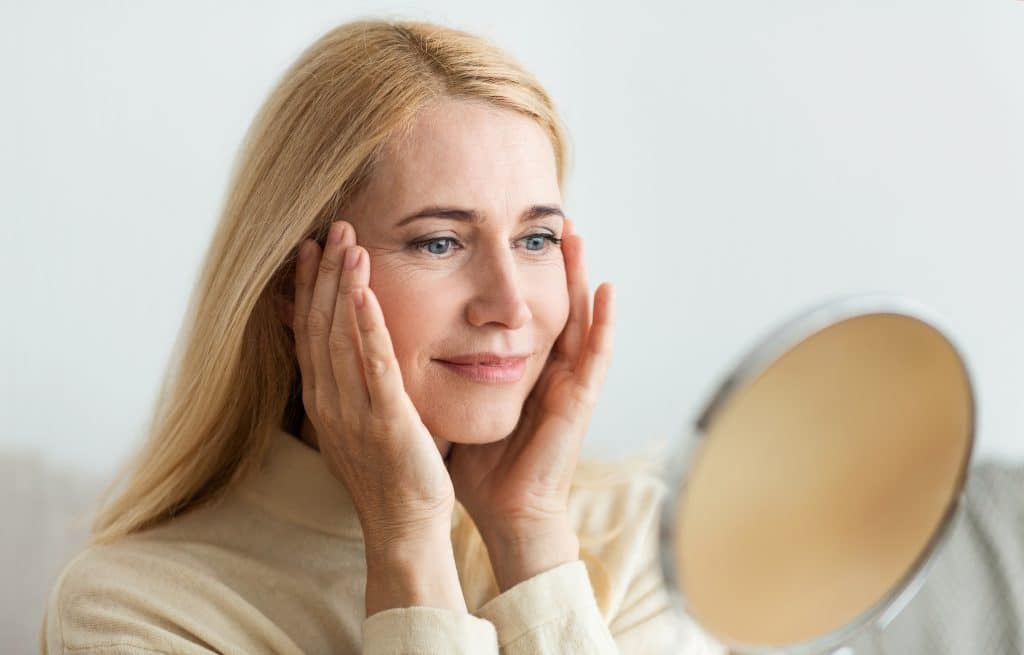
The skin is the body’s largest organ, and like any other part, it undergoes changes as you age. Collagen and elastin, the proteins responsible for skin’s youthful texture and elasticity, start to break down. This process can be further accelerated by external factors like sun exposure, pollution, and even lifestyle choices like smoking or poor diet. Understanding the science of skin aging is the first step in knowing how to combat it effectively.
But it’s not just about the biological aspects; environmental factors also play a significant role in how quickly your skin ages. Sun exposure is a major culprit, leading to premature wrinkles and age spots. Other factors like stress and lack of sleep can also contribute to accelerated aging. Knowing these factors can help you take preventative measures, setting the stage for when and how to start using anti-aging products.
Common Misconceptions About Anti-Aging Products
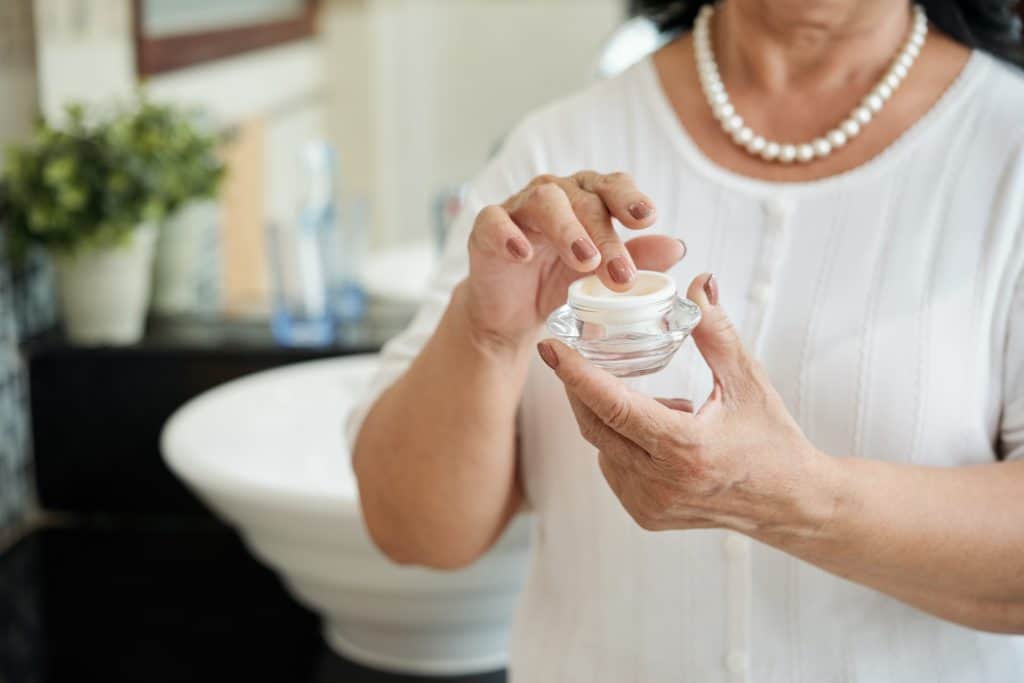
One of the most prevalent myths is that anti-aging products are exclusively for those who have already started showing signs of aging. This misconception can lead people to start their anti-aging routine later than would be ideal, missing out on the preventative benefits. Another common myth is that using these products too early can harm your skin, causing dependency or accelerating the aging process.
Debunking these myths is crucial for a more nuanced understanding of anti-aging skincare. For instance, many dermatologists recommend starting with a good sunscreen as early as your 20s, not just to prevent burns but also to fend off premature aging. Similarly, ingredients like retinoids and antioxidants can be beneficial for younger skin. Clearing up these misconceptions allows for a more informed approach to anti-aging.
The “Right” Age to Start

Determining the “right” age to start using anti-aging products is not a one-size-fits-all answer. Skin type, lifestyle, and even genetics can influence when you should start incorporating these products into your routine. For example, those with dry or sensitive skin may benefit from starting earlier, as their skin type is more prone to showing signs of aging, like fine lines and wrinkles.
However, it’s not just about age or skin type; it’s also about individual assessment. Paying attention to your skin’s specific needs and how it reacts to various environmental factors can provide valuable insights. Some may notice signs of aging in their late 20s, while others may not see them until their 40s. The key is to start when you notice changes; just don’t wait until these signs become more noticeable.
Types Of Anti-Aging Products
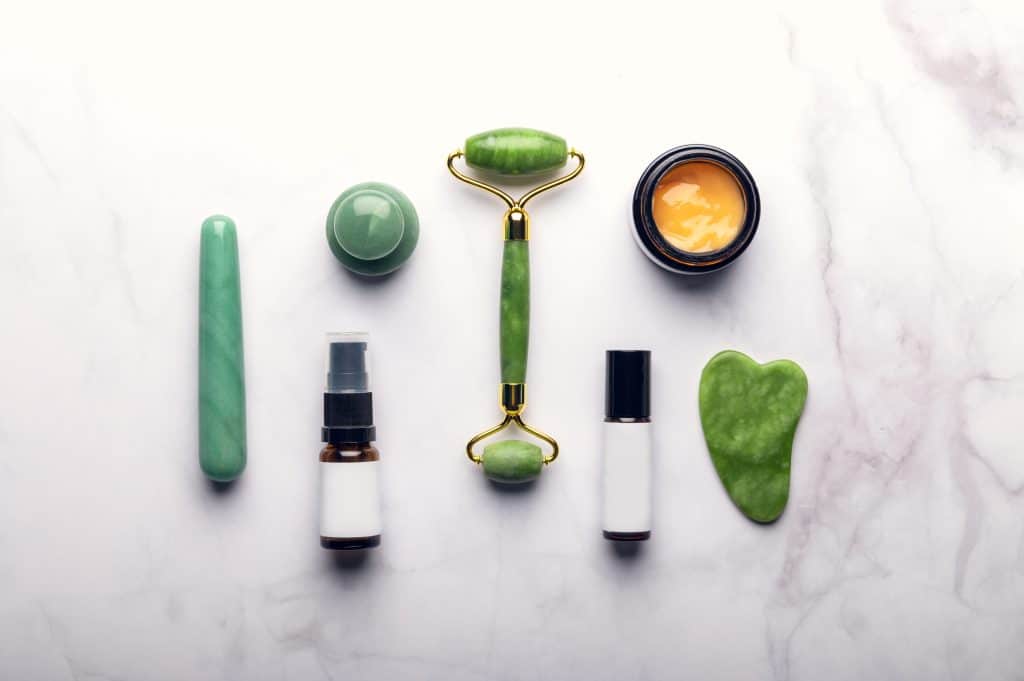
When it comes to anti-aging products, the options can be overwhelming. From retinoids to antioxidants and peptides, each product promises miraculous results. Retinoids, derivatives of vitamin A, are known for their ability to promote skin renewal and improve the appearance of signs of aging. Antioxidants like vitamin C help fight free radicals, while peptides are small proteins that help stimulate new collagen production.
Understanding the purpose of each ingredient can help you make an informed choice. Sunscreen, for example, is often overlooked but is one of the most effective anti-aging products. It protects the skin from harmful UV rays, which are a leading cause of premature aging. Knowing what each product does allows you to tailor your skincare routine to your specific needs, making each application more effective than the last.
Building Your Anti-Aging Routine
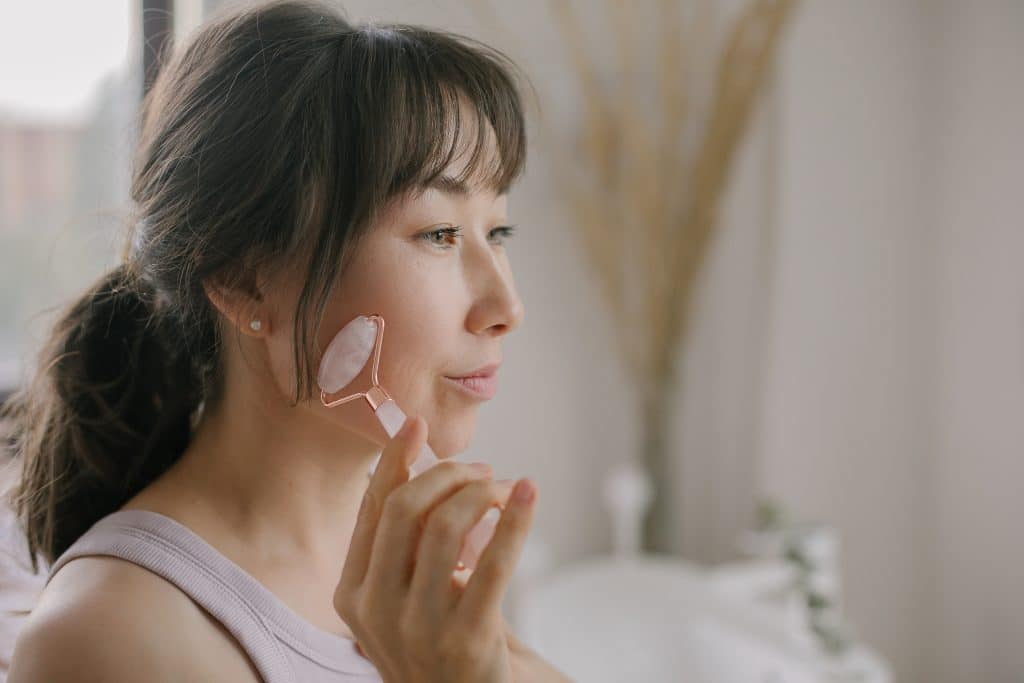
Creating an effective anti-aging routine is more than just slathering on creams and serums; it’s about knowing how to use them effectively. Start by introducing one product at a time to see how your skin reacts. This will also make it easier to pinpoint any adverse reactions or benefits, allowing you to adjust your routine accordingly.
Monitoring results is another crucial aspect. Take before and after photos to track your progress. Make note of any changes in texture, elasticity, or the appearance of fine lines and wrinkles. This will help you understand how effective your routine is and what tweaks might be needed for better results.
Complementary Lifestyle Choices

Your skincare routine is just one piece of the puzzle. Diet, hydration, and exercise also significantly affect how your skin ages. Consuming a balanced diet rich in antioxidants can help improve skin quality while staying hydrated can keep your skin looking plump and youthful. Exercise increases blood flow, helping to nourish skin cells and keep them vital.
Stress management is another often overlooked factor. Chronic stress releases a hormone called cortisol, which can accelerate collagen breakdown. Techniques like mindfulness, meditation, and even simple breathing exercises can help manage stress levels, complementing your skincare routine for a more holistic approach to anti-aging.
When To Seek Professional Advice
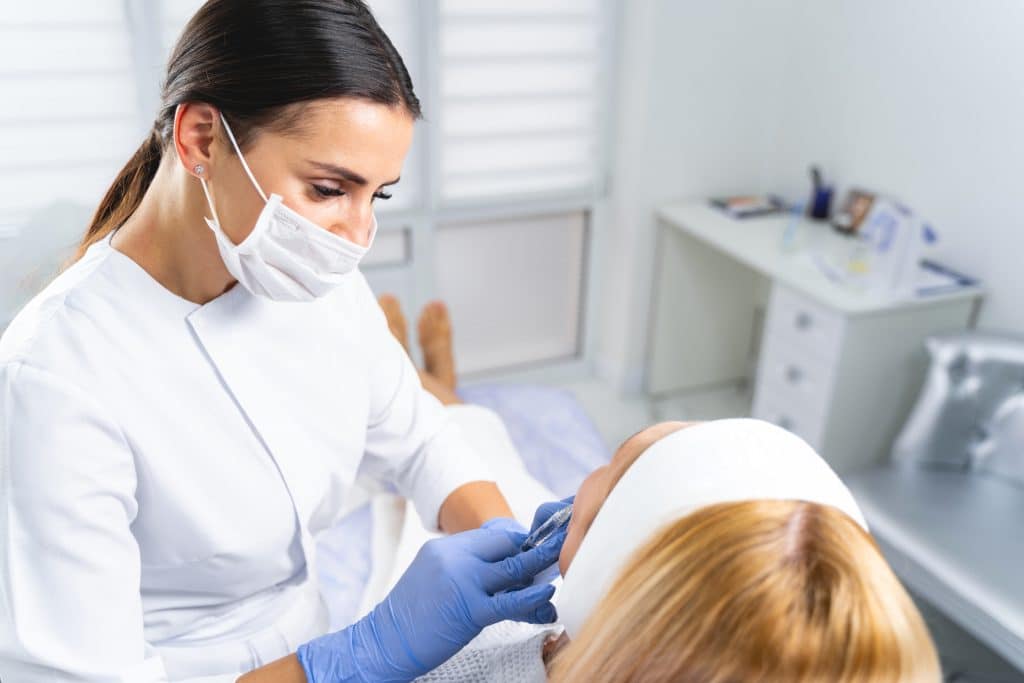
There comes a point when over-the-counter products might not be enough. If you’re experiencing persistent issues like deep wrinkles, significant loss of elasticity, or other signs of advanced aging, it may be time to consult a dermatologist. Medical professionals can offer treatments like laser resurfacing or injectables that provide more dramatic results.
Just keep in mind consulting a dermatologist is not just for extreme cases; it can also be a preventative measure. A professional can help you understand your skin type better and recommend products that are more suited to your needs. They can also help you set realistic expectations, ensuring that you’re not just following a trend but actually investing in your skin’s long-term health.
Your Journey to Ageless Beauty Starts Now!
The path to youthful, radiant skin is no longer shrouded in mystery. With this newfound wisdom, you have the power to navigate the complex world of anti-aging skincare like a pro. Don’t let another day go by without taking control of your skin’s destiny. The time to act is now—embrace the age-defying journey that awaits and let your skin reveal its timeless beauty.


